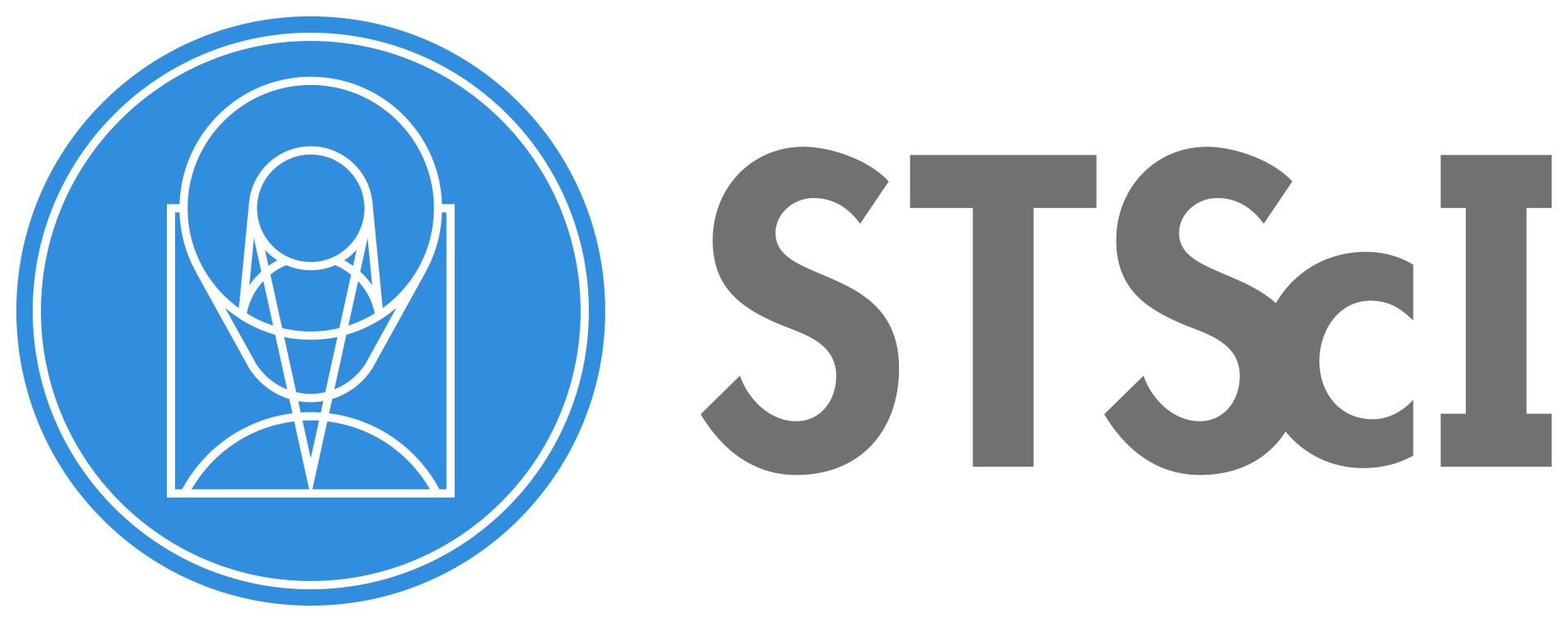
WFC3 Notebooks#
WFC3 Notebooks is the primary repository for analyzing data from the Wide Field Camera 3 on the Hubble Space Telescope. The Jupyter notebooks include tools for general data analysis, WFC3/IR time variable background (TVB), photometry and point spread function (PSF) modeling. This repository contains the complementary notebooks mentioned in the WFC3 Data Handbook. These notebooks include:
General Tools:
WFC3/IR Time Variable Background (TVB):
WFC3/IR IMA Visualization Tools with an Example of Time Variable Background
Manual Recalibration of Images using
calwf3: Turning off the WFC3/IR Linear Ramp FitCorrecting for Scattered Light in WFC3/IR Exposures: Manually Subtracting Bad Reads
Correcting for Scattered Light in WFC3/IR Exposures: Using
calwf3to Mask Bad Reads
Photometry:
Point Spread Function (PSF):
See the WFC3 Instrument Handbook, WFC3 Data Handbook, wfc3tools, and WFC3 Software Tools for more information on instrumentation, data, calibration, and software.
Before Running a Notebook#
Before running these examples, you must follow the general instructions on creating an environment that can run the notebooks, shown in STScI HST Notebook Repository HQ page under Installation Instructions.
Contributing#
New contributions and feedback are very welcomed! Please open a new issue or new pull request for bugs, feedback, or new features you would like to see. If there is an issue you would like to work on, please leave a comment and we will be happy to assist. Questions can also be sent to the WFC3 team through the HST Help Desk.
WFC3 Notebooks follows the Astropy Code of Conduct and strives to provide a welcoming community to all of our users and contributors.
Want more information about how to make a contribution? Take a look at
the the astropy
contributing
and developer
documentation.
License#
WFC3 Notebooks is licensed under a BSD 3-Clause License (see the LICENSE.txt file).
